On Saturday, November 14, 2015, altMuslimah (“altM”) and the Princeton Muslim Life Program co-hosted the symposium, Muslim Masculinity in an Age of Feminism. This community event was held at Princeton University and was available via live broadcast on Periscope @altMuslimah. Videos of the symposium are available to view on the PrincetonMLP Vimeo.
The day-long symposium explored how Muslim men of various backgrounds are defining manhood and responding to pushes for gender equality and dismantling of patriarchy. The event brought together a diverse array of men and women intellectuals, religious leaders, community organizers, and social justice advocates speaking on three panels: Spirituality and Religious Authority, Relationships and Family, and Politics and Activism. The keynote address was given by ICNYU’s chaplain Imam Khalid Latif.
Viewers and audience members could follow the conversation on Twitter with #MuslimMasculinity. Here’s a roundup with highlights of the conversation.
When we only have abstract & academic convos, we fail to recognize people’s lives are being impacted. #muslimmasculinity — altMuslimah (@AltMuslimah) November 14, 2015
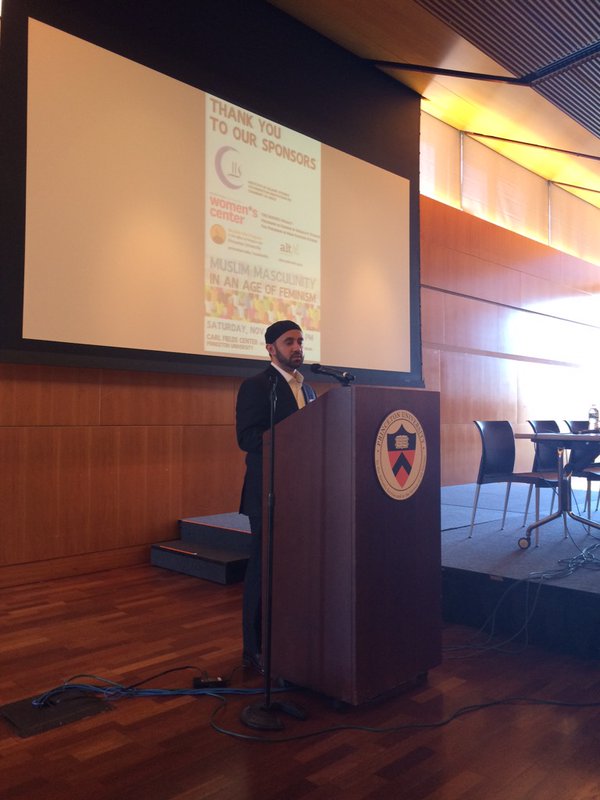
Imam Khalid Latif delivering keynote address for Muslim Masculinity symposium. Photo Credit: Donna Auston (@TinyMuslimah)
We need to move beyond conversation to develop sustainable solutions. #gender #muslimmasculinity — altMuslimah (@AltMuslimah) November 14, 2015
Panel 1: Spirituality and Religious Authority
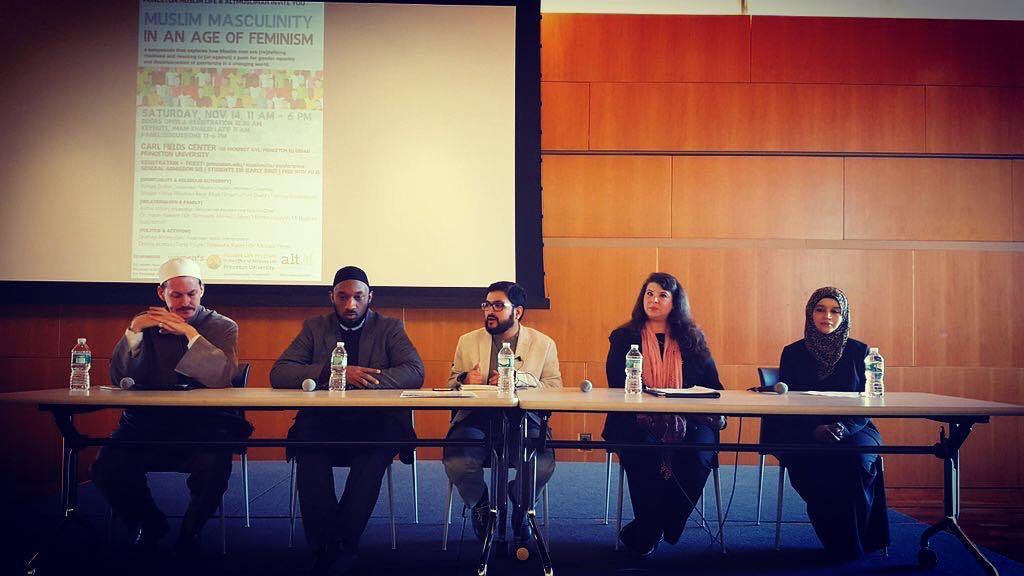
Left to right: Shaykh Yahya Rhodus, Imam Jihad Saafir, Imam Sohaib Sultan (moderator), Professor Atiya Aftab, Tammy Elmansoury. Photo via @arshe2020
A: God has no gender. The Arabic pronoun هو is not gender-specific. It is just a marker to point to the divine essence. #muslimmasculinity
— altMuslimah (@AltMuslimah) November 14, 2015
.@yahyarhodus pushes convo further: What is gender? And how does gender relate to the spirit, which transcends gender? #muslimmasculinity — altMuslimah (@AltMuslimah) November 14, 2015
Masculinity changes and evolves over time. Our convo is about translating a masculinity healthy for our time. #muslimmasculinity — altMuslimah (@AltMuslimah) November 14, 2015
Modesty is often associated only with women, but it is just as important for men. #muslimmasculinity — altMuslimah (@AltMuslimah) November 14, 2015
There isn’t a monolithic way to be Muslim. Islam allows for multiple expressions, in diff times and diff places. #muslimmasculinity — altMuslimah (@AltMuslimah) November 14, 2015
The Prophet was a man, but he is a role model for both men AND women. #muslimmasculinity — altMuslimah (@AltMuslimah) November 14, 2015
The Sunnah of the Prophet had an objective reality to it, but every Muslim will have a subjective relationship to it. #muslimmasculinity — altMuslimah (@AltMuslimah) November 14, 2015
Yes! “Everyone should take Asiah ra & Maryam ra as role models– both men+women.” -Atiya Aftab @PrincetonMLP @AltMuslimah #muslimmasculinity — Arshe Ahmed (@arshe2020) November 14, 2015
What does it say about what we value as community when women can access so many other things but not mosque? #muslimmasculinity — altMuslimah (@AltMuslimah) November 14, 2015
Women’s access to mosques is critical. Access to knowledge and spirituality should not gendered. #muslimmasculinity — altMuslimah (@AltMuslimah) November 14, 2015
Who should teach? The best among us (regardless of gender). Scholars/teachers should be judged based on skill and merit #muslimmasculinity — altMuslimah (@AltMuslimah) November 14, 2015
Interesting to think about how #MuslimMasculinity intersects with the tropes & stereotypes of #AsianMasculinity #BlackMasculinity etc. — Omar (@OKshid) November 14, 2015
Jihad Saafir explains the challenges of teaching young Black #MuslimMasculinity when we have to fight to assert that #BlackLivesMatter — Margari Aziza (@Margari_Aziza) November 14, 2015
Panel 2: Relationships and Family
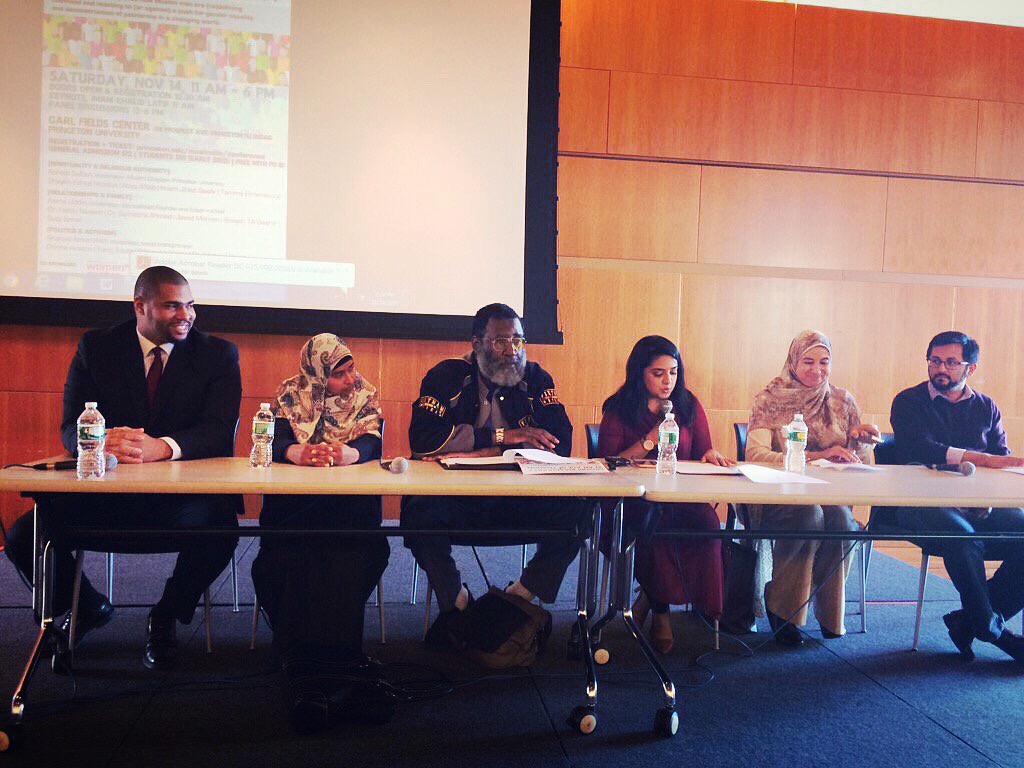
Left to right: Dr. Halim Naeem, Dr. Sameera Ahmed, Shaykh TA Bashir, Asma Uddin (moderator), Suzy Ismail, Javed Memon. Photo via @TinyMuslimah
In the US, gender, like race, is arbitrary, but it has very real consequences for people. #muslimmasculinity — altMuslimah (@AltMuslimah) November 14, 2015
We can’t have healthy communities if we don’t have healthy families, healthy relationships, strong role models. #muslimmasculinity — altMuslimah (@AltMuslimah) November 14, 2015
Islamophobia is not new. The media just “discovered” it. #muslimmasculinity — altMuslimah (@AltMuslimah) November 14, 2015
Traditional ideas of masculinity do not include characteristics that build relationships: empathy, vulnerability, etc. #muslimmasculinity— altMuslimah (@AltMuslimah) November 14, 2015
In media, men are depicted as another child that women have to deal with: incompetent fathers, incapable partners. #muslimmasculinity — altMuslimah (@AltMuslimah) November 14, 2015
.@hijabman: The goals of a Muslim household should not suffer from rigid constructions of gender. #muslimmasculinity — altMuslimah (@AltMuslimah) November 14, 2015
Panel 3: Politics and Activism

Left to right: Shahed Amanullah (moderator), Donna Auston, Palwasha Kakar, Dr. Michael Perez, Tariq Toure.
As many of our panelists have stated, there isn’t one Muslim masculinity, there are many Muslim masculinities. #muslimmasculinity — altMuslimah (@AltMuslimah) November 14, 2015
Masculinity is often constructed at the expense of femininity. #muslimmasculinity — altMuslimah (@AltMuslimah) November 14, 2015
Masculinity is also often deeply linked to dominance. #muslimmasculinity — altMuslimah (@AltMuslimah) November 14, 2015
@AltMuslimah just to clarify I was quoting Zainab Bangura UN special representative for sexual violence.
— Palwasha Lena Kakar (@palwashalk) November 16, 2015
.@tariqtoure: Men have to police other men, period. Combat #bystandereffect #muslimmasculinity — altMuslimah (@AltMuslimah) November 14, 2015
Dr. Perez poses question, does it matter that the jurisprudential schools were established by men? #muslimmasculinity — altMuslimah (@AltMuslimah) November 14, 2015
Nation of Islam had very open & explicit discussions act masculinity which were not in isolation from White oppression #muslimmasculinity — altMuslimah (@AltMuslimah) November 14, 2015
.@TariqToure: How often do men get together and talk about the fragility of their masculinity? #muslimmasculinity — altMuslimah (@AltMuslimah) November 14, 2015
Dr. Perez “we have an imperative to elaborate our religion” we have ethical req to move fwd. #equality #MuslimMasculinity — Ferdaouis (@Ferdaouis) November 14, 2015
“We don’t have to have burden of explaining” other Muslims’ violent acts/behavior -Dr. Perez #MuslimsStandWithParis #MuslimMasculinity — Ferdaouis (@Ferdaouis) November 14, 2015
Under the guise of “liberating” Muslim women from Muslim men, forces of colonialism and imperialism are reinforced #muslimmasculinity — altMuslimah (@AltMuslimah) November 14, 2015
.@TinyMuslimah: I can’t assume that justice is unreachable and stop trying to build a more just world. #muslimmasculinity — altMuslimah (@AltMuslimah) November 14, 2015
@AltMuslimah No thank you. You all are pioneers ✊🏿
— TariqToure (@TariqToure) November 15, 2015
altM ran a series of reflections from several of the speakers on the topic of Muslim masculinity ahead of the symposium. They can be found tagged, masculinity.

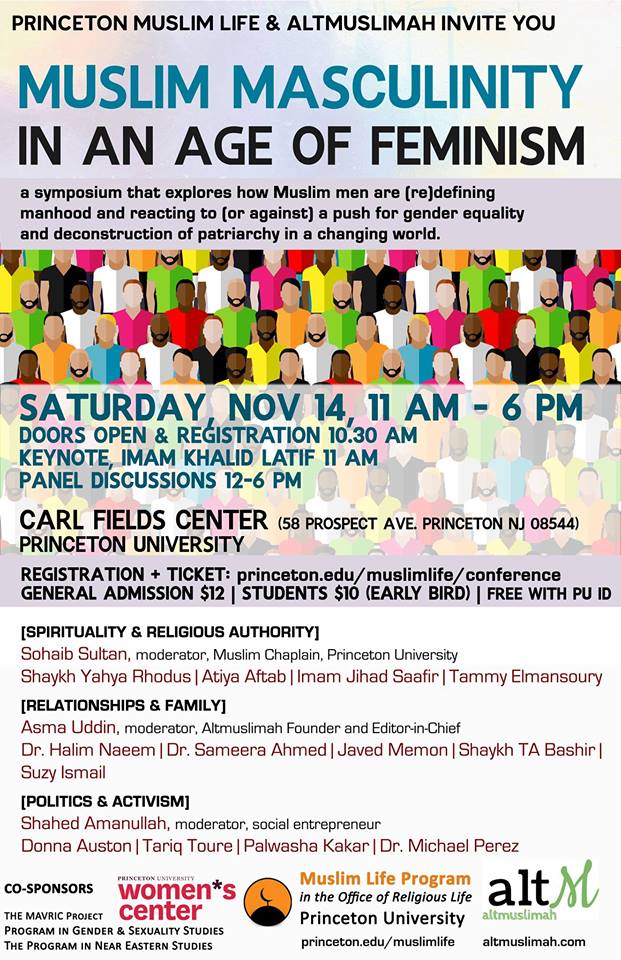

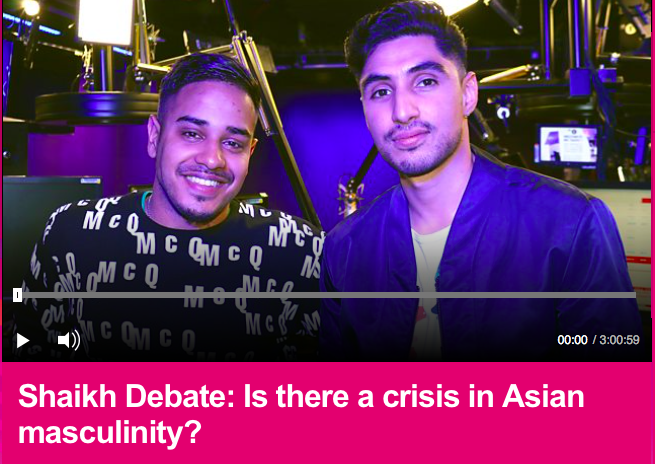
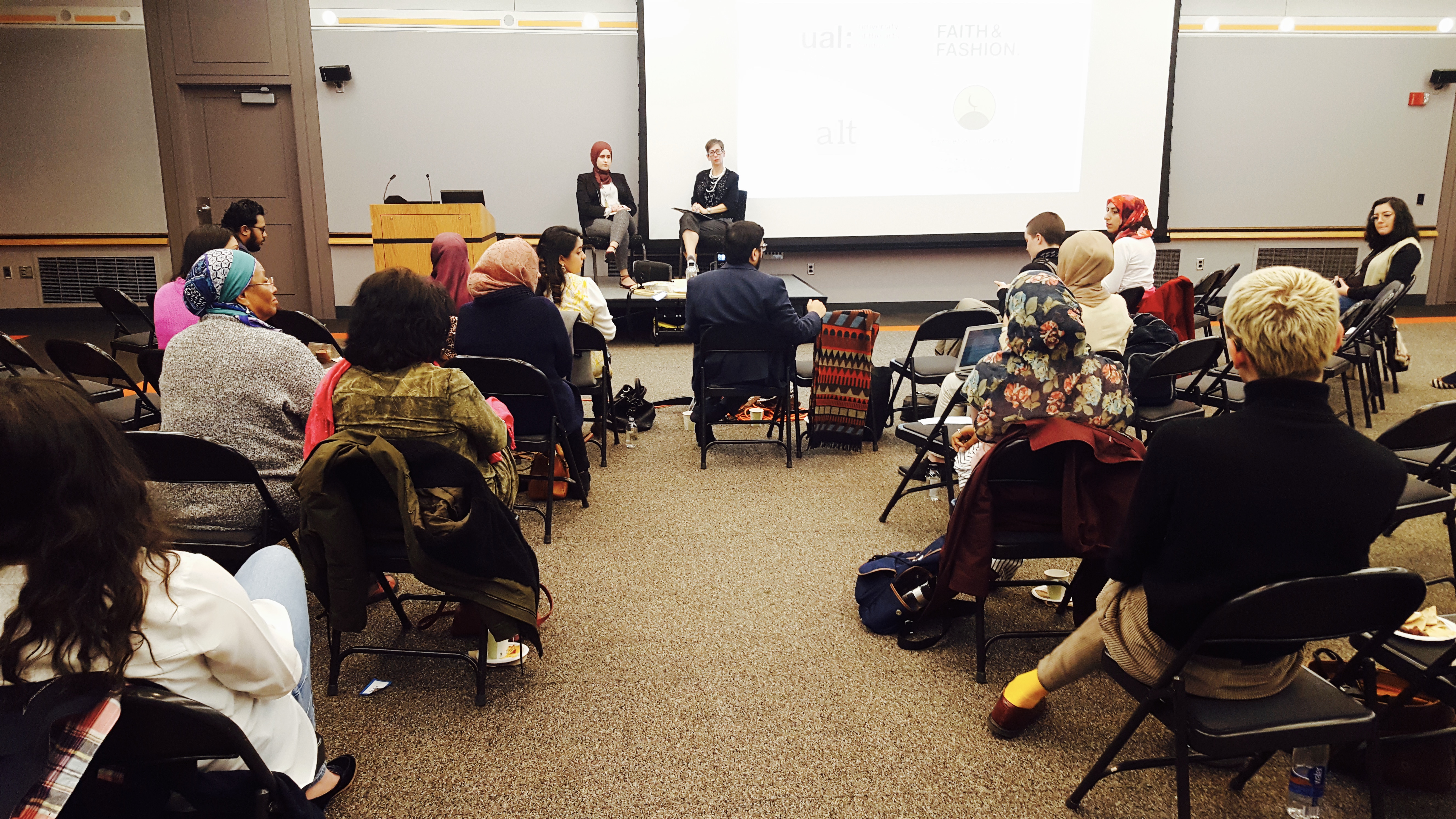
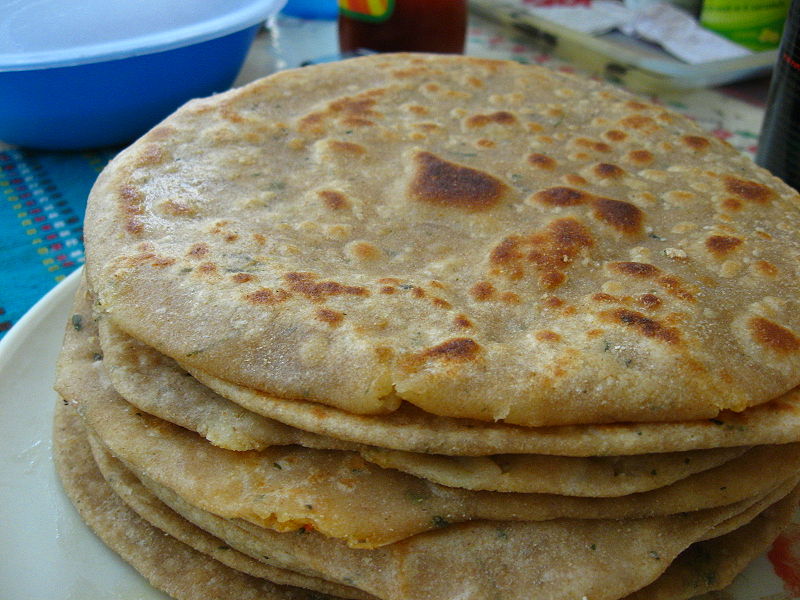
8 Comments